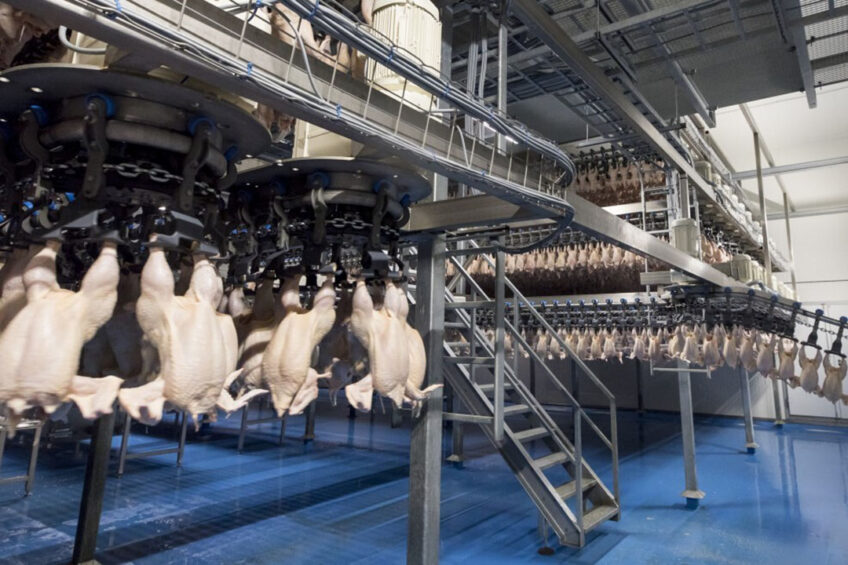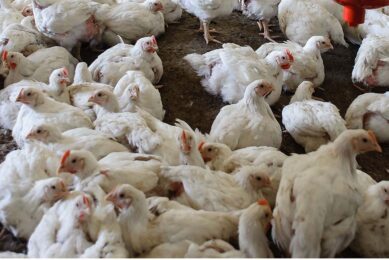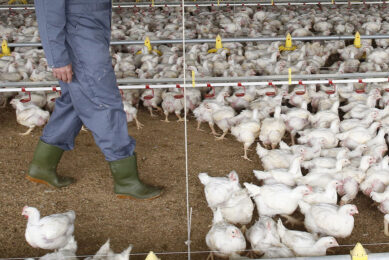Israel: poultry shortage as vet inspectors protest

Israel is anticipating a poultry shortage after dozens of veterinary inspectors called in sick to protest their working conditions, reports The Jerusalem Post.
Over 45 veterinary inspectors throughout the corporation have “claimed ailments”, the report continued, and won’t be going to the meat factories. Without supervision, meat factories in Israel are not allowed to operate.
“As the morbidity continues and increases, the corporation will consider its steps and examine the use of tools at its disposal – all this in order not to harm its vital activity in safeguarding public health,” the Veterinary Inspection Corporation said to their employees.
The corporation, which started in 2020 as a way of making sure that all animal products consumed in Israel are made correctly, added: “We call on everyone to come to their senses, to stop the cynical displays of force that cause unnecessary harm in the economy and in public and to return to constructive discourse with summarised signing, as soon as possible, a collective labour agreement.”
Negotiations
In recent months, negotiations have been held between the management, the Finance Ministry, their representatives and the new General Workers’ Union to regulate the terms of employment for all veterinarians and inspectors employed with the corporation.
The corporation said it had noticed an “unusual and unreasonable sickness rate”, which was significantly higher than the average illness rate – 9 times higher.
“We are on the eve of signing a collective agreement and the timing of the increase in sickness seems unreasonable, harms the corporation’s activities and causes damages. It is the corporation’s responsibility to arrange the terms of employment of all the veterinarians and inspectors employed within it, even though some of them are already subject to collective agreements with which they transferred to the corporation. To this end, the management and the representative organisations are working on reaching a collective agreement that will regulate the terms of employment for the benefit of the employees, the meat factories and the consumers.”
 Beheer
Beheer











 WP Admin
WP Admin  Bewerk bericht
Bewerk bericht